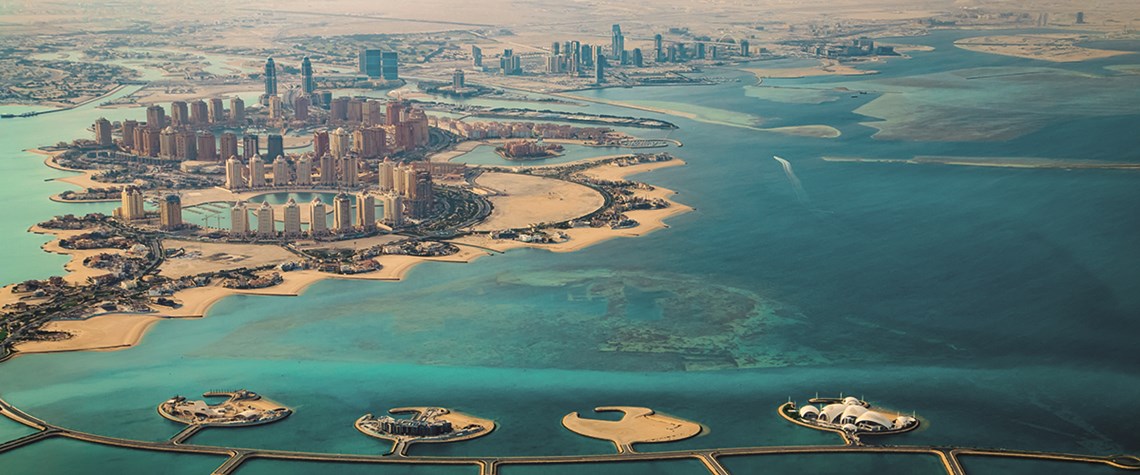Qatar’s Opec exit a sign of rising intra-Gulf tensions
The Gulf state’s departure will not damage Opec’s operations, but will cement intra-Gulf divisions
On the global energy stage, Qatar is a natural gas mega-performer, but plays only a small part in oil production. Its approximately 600,000 b/d of output represents no more than 2pc of total Opec production. Qatar appears to recognise that Opec's role has diminished over the past two years, with the initiative on global oil price strategy being dictated by two giant producers: Saudi Arabia and Russia. Even though Russia is not part of Opec, its voice is one that the organisation can no longer ignore. Saudi Energy Minister Khalid al-Falih said in October that cooperation with Russia would intensify in the months ahead, allowing the two states to "establish the framework of long-term coordinat

Also in this section
26 February 2026
OPEC, upstream investors and refiners all face strategic shifts now the Asian behemoth is no longer the main engine of global oil demand growth
25 February 2026
Tech giants rather than oil majors could soon upend hydrocarbon markets, starting with North America
25 February 2026
Capex is concentrated in gas processing and LNG in the US, while in Canada the reverse is true
25 February 2026
The surge in demand for fuel and petrochemical products in Asia has led to significant expansion in refining and petrochemicals capacities, with India and China leading the way







